
May 10, 2025
Singapore Airlines and its Cool Airline jointly announced on May 9 that it has signed agreements with two companies to procure sustainable…
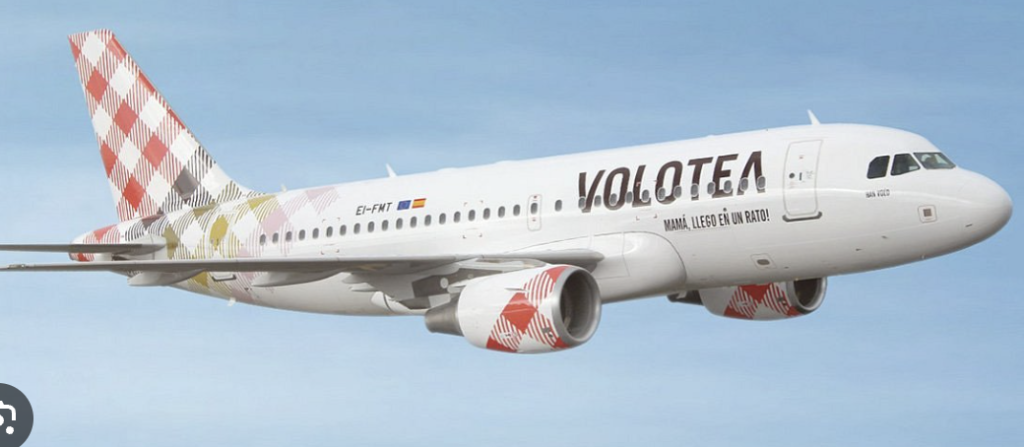
May 7, 2025
Spanish airline Volotea announced in April that it had reached an agreement with Total Energy to supply sustainable aviation fuel (SAF) for…
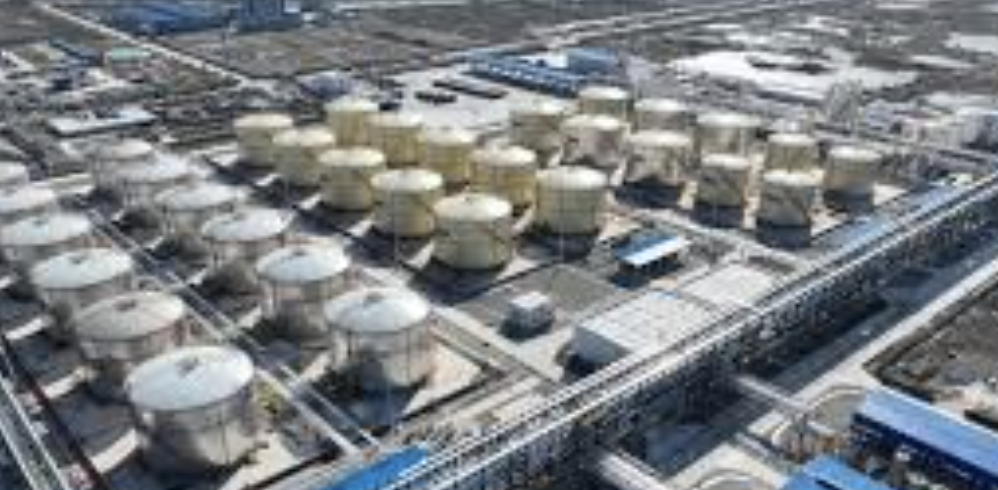
May 7, 2025
Jia’ao Environmental Protection announced on May 7 that the company’s controlling subsidiary, Lianyungang Jia’ao New Energy Co., Ltd. has successfully completed the…
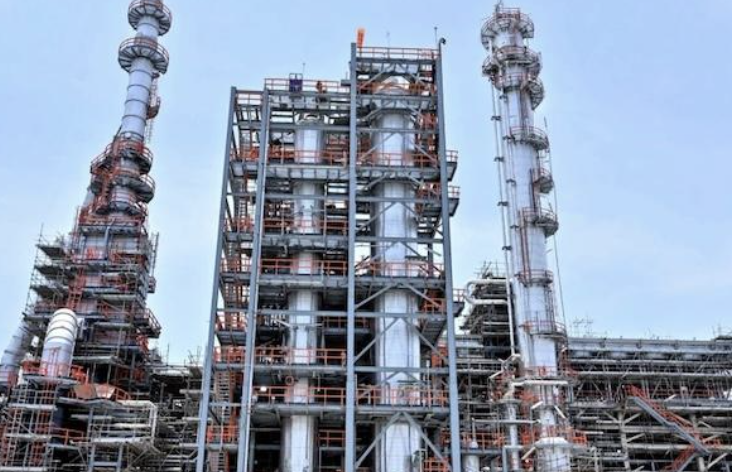
May 5, 2025
On April 25, Bangchak Group officially opened its Sustainable Aviation Fuel (SAF) production unit at its refinery in Phra Khanong, marking an…
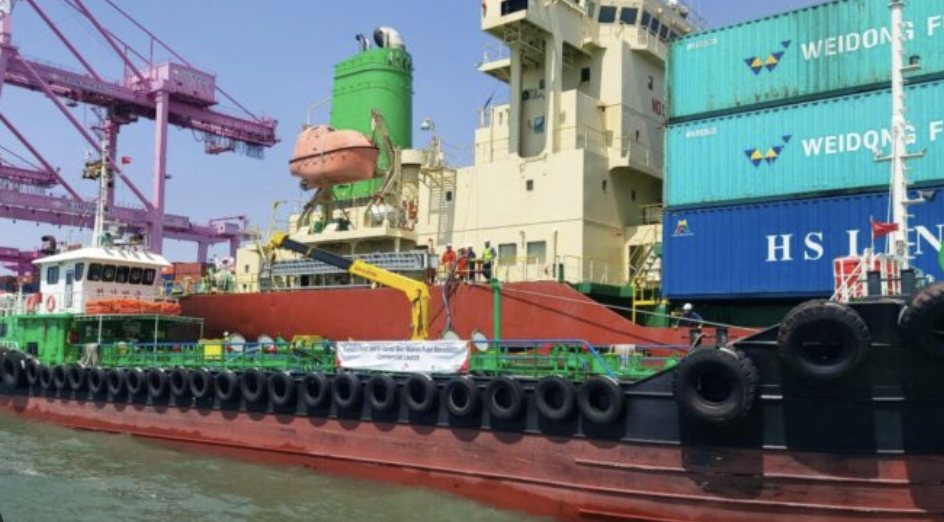
May 5, 2025
SK Incheon Petrochemicals announced on April 30 that it has officially launched and started supplying B30 marine biofuel in response to the…

May 5, 2025
Japan Airlines announced on May 1 that it has supplied nationally produced sustainable aviation fuel (SAF) for the first time to a…
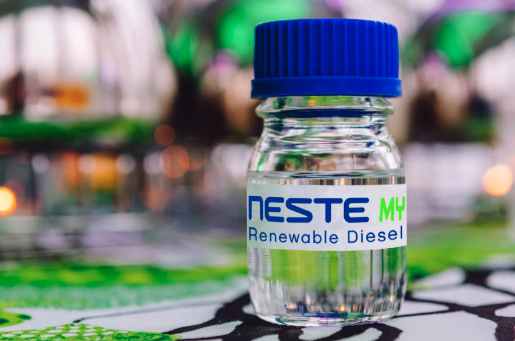
April 28, 2025
Neste Corporation, headquartered in Espoo, Finland, is the world’s leading producer of renewable diesel, sustainable aviation fuel (SAF), and renewable feedstock solutions…

April 28, 2025
Cosmo Oil Marketing, a subsidiary of Cosmo Energy Holdings, has signed a basic agreement with Starlux Airlines to promote sustainable aviation transport…
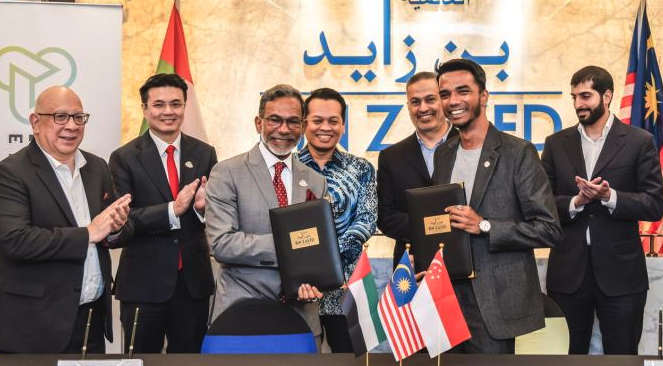
April 25, 2025
Bin Zayed International (BZI), the UAE’s largest investment group, will invest $500 million (about RM2.188 billion) to build a Sustainable Aviation Fuel…
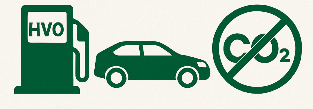
April 23, 2025
As part of its drive for a low-carbon transition, Skoda has officially launched HVO (Hydrogenated Vegetable Oil) synthetic diesel fuel at its…










